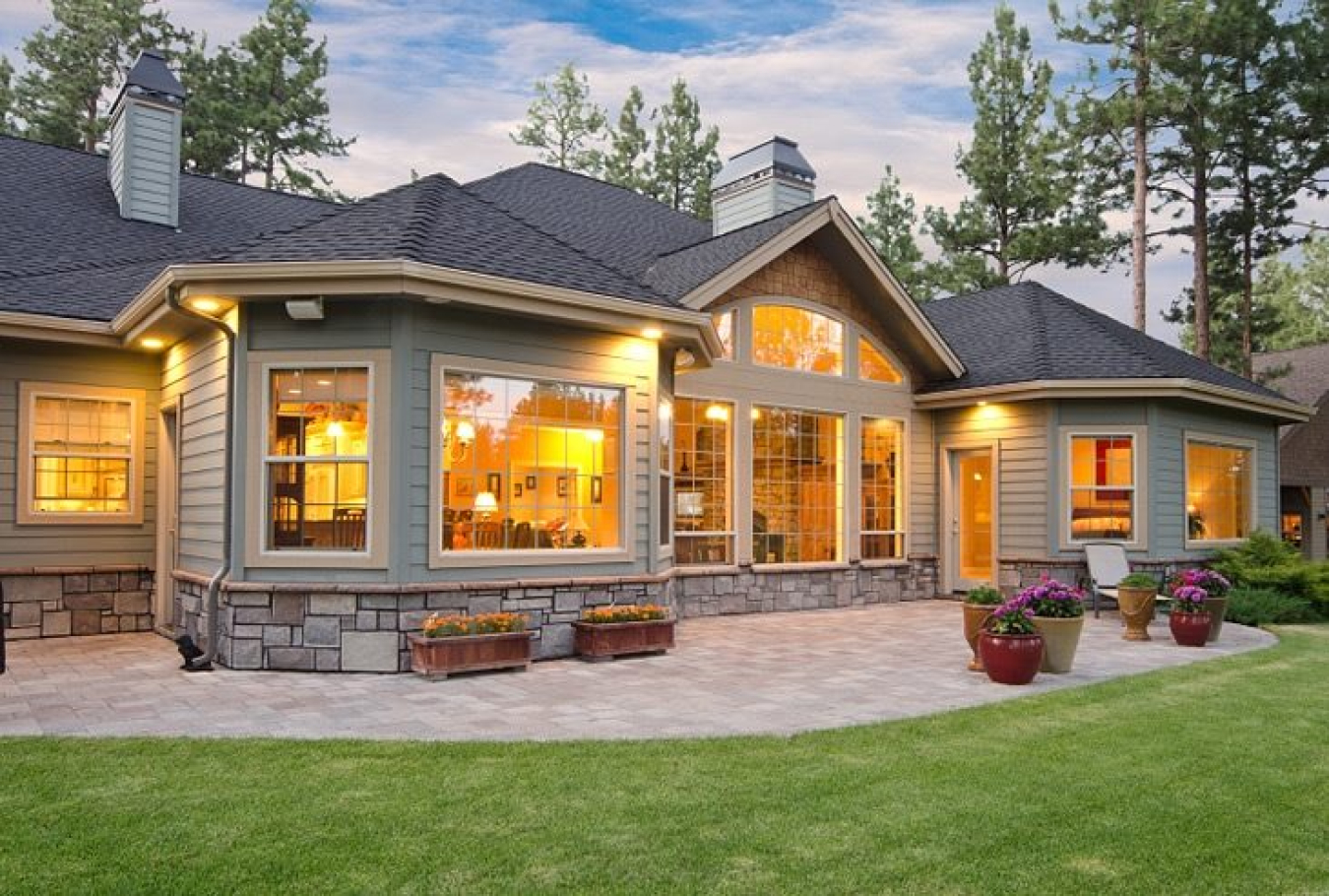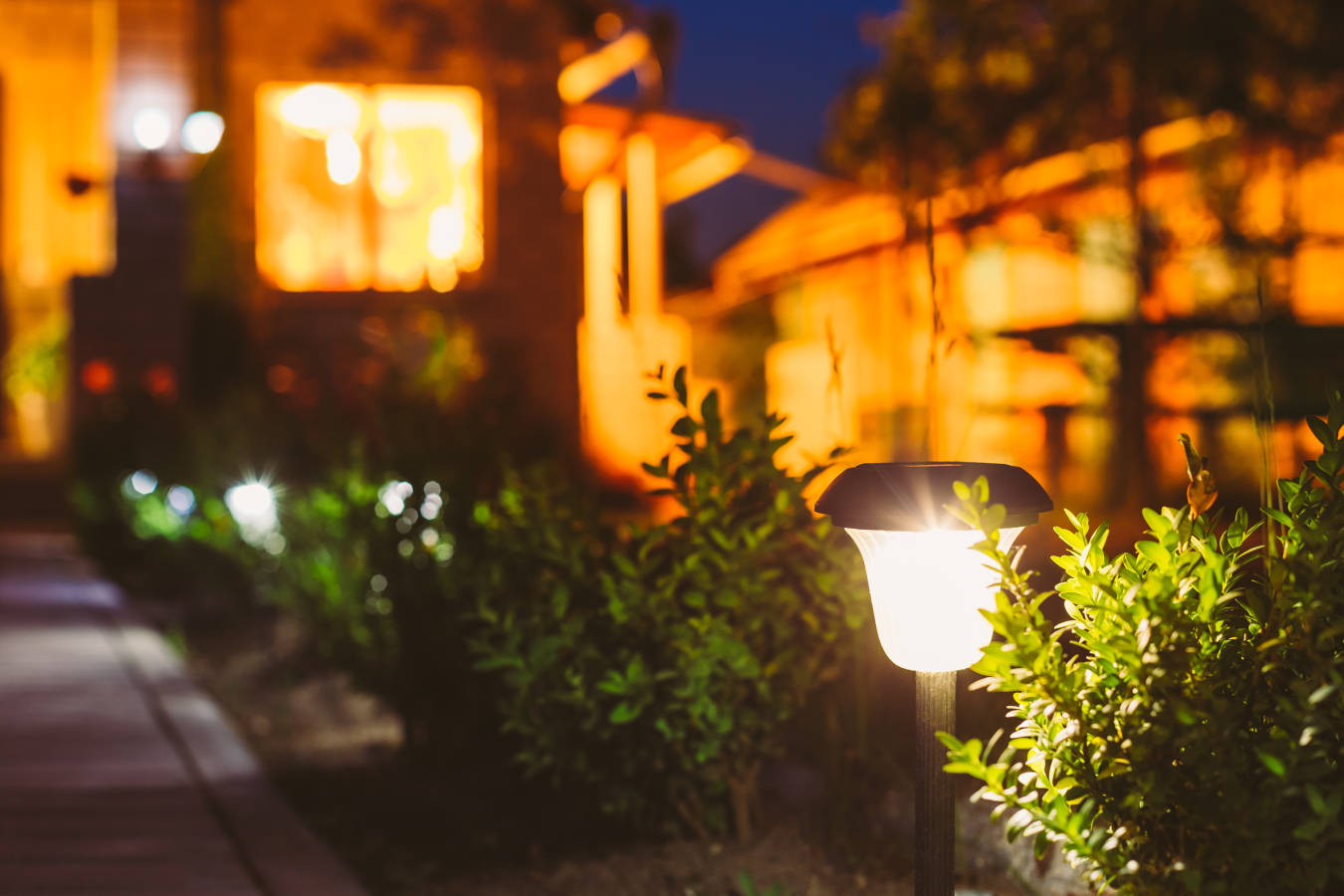Indoor Lighting Design
When designing indoor lighting for energy efficiency, consider some basic design principles and methods.
Energy-efficient lighting design principles include the following:
Maximize the use of daylighting
More light is not necessarily better: light quality is as important as quantity
Match the amount and quality of light to the performed function
Install task lights where needed and reduce ambient light elsewhere
Use energy-efficient lighting components, controls, and systems (i.e., timers, occupancy sensors and connected home apps)
Here are some basic methods for achieving energy-efficient indoor lighting:
Use ENERGY STARŪ labeled lighting fixtures and lamps
Install LED light fixtures for all frequently used ceiling- and wall-mounted fixtures - especially those that will be on for more than 2 hours each day - such as kitchen and living room, bathroom, hallway, and other higher-demand locations
Consider installing ENERGY STAR rated LED fixtures, rather than using fluorescent or LED replacement lamps in existing incandescent fixtures
Use LEDs in all portable lighting fixtures that are compatible with LED lighting
Use timers, occupancy sensors, or connected home technologies for automatically turning on and off your lights as needed.
Consider choosing light colors for wall surfaces to minimize the need for artificial lighting.
If you are using recessed lights in a ceiling with an unconditioned space above it, use only Underwriters Laboratory (UL) approved fixtures that are airtight, are IC (insulation contact) rated, and meet ASTM E283 requirements.
 Outdoor Lighting Design
Outdoor Lighting DesignWhen designing outdoor lighting, consider the purpose of the lighting along with basic methods for achieving energy efficiency.
Outdoor lighting for homes generally serves one or more of three purposes:
Aesthetics: Illuminate the exterior of the house and landscape
Security: Illuminate the grounds near the house or driveway
Utility: Illuminate the porch and driveway to help people navigate safely to and from the house.
Here are some basic methods for achieving energy-efficient outdoor lighting:
Security and utility lighting does not necessarily need to be bright in every instance to be effective.
Consider LED flood lights with combined photosensors and motion sensors in place of other security lighting options.
Make sure outdoor light fixtures have reflectors, deflectors, or covers to make more efficient use of the light source and help reduce light pollution.
Use timers and other controls to turn decorative lighting on and off.
Use outdoor solar lighting where applicable.
Source: energy.gov
Original content:
https://www.energy.gov/energysaver/lighting-design